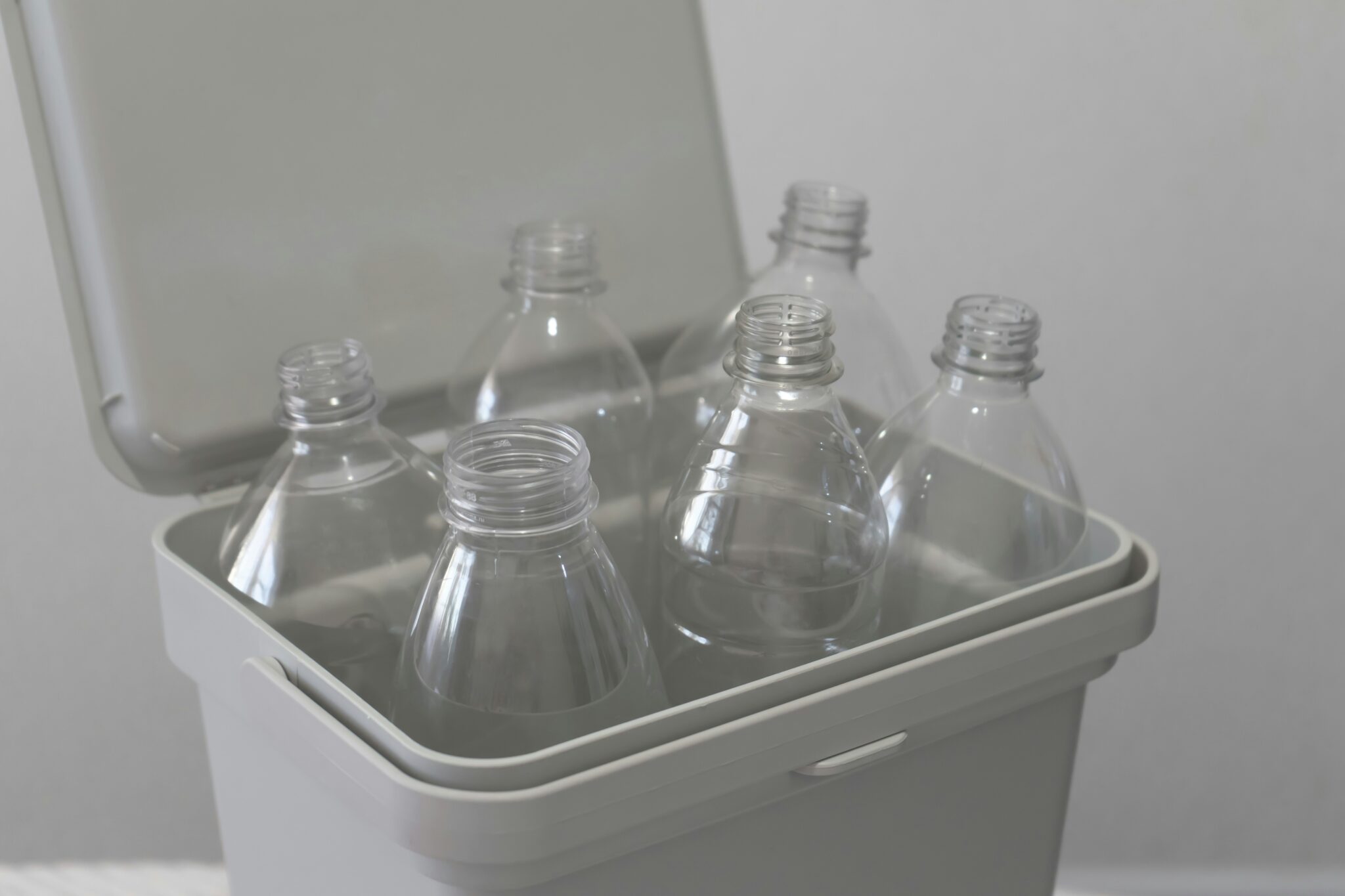Plastic recycling startup Novoloop has secured a major partnership with Huide Science and Technology to scale production of its upcycled thermoplastic polyurethane (TPU), TechCrunch reports exclusively.
The deal marks a breakthrough moment for the Menlo Park–based startup, helping it move past the “valley of death”, a common hurdle for hardware-focused climate tech companies that struggle to transition from proven technology to consistent revenue generation.
Under the new agreement, Novoloop will supply polyols, a key chemical building block used to make TPU, to Huide. The company produces these polyols from post-consumer polyethylene waste such as discarded plastic bags, one of the most difficult plastics to recycle.
TPU is widely used in running shoes, electronics, and medical devices, making Novoloop’s innovation a potential game-changer for sustainable manufacturing.
“For this product line, we have essentially achieved what would be the commercial relationship,” said Miranda Wang, Novoloop’s co-founder and CEO.
The company’s current production capacity is limited by its demonstration plant in India, which began operations earlier this year and can produce tens of tons of polyols per year, enough for pilot projects, including one with a major footwear brand to be announced soon.
Previously, Novoloop collaborated with Swiss shoemaker On, providing its Lifecycled material for the tread of the Cloudprime sneaker.
Wang emphasized that scaling production is the company’s biggest challenge. “The biggest hurdle to profitability is economies of scale,” she said. “Next year, our focus will be on closing customer deals to finance commercial-scale facilities.”
Related: Engineering Biology Isn’t Just Health – It is the Future Of Climate Tech
Novoloop expects its first full-scale commercial plant to begin operations by early 2028, with capacity to produce enough polyols for 16,000 tons of TPU annually. At that scale, Wang added, the company aims to achieve price parity with virgin TPUs, a major milestone for the recycled materials industry.






